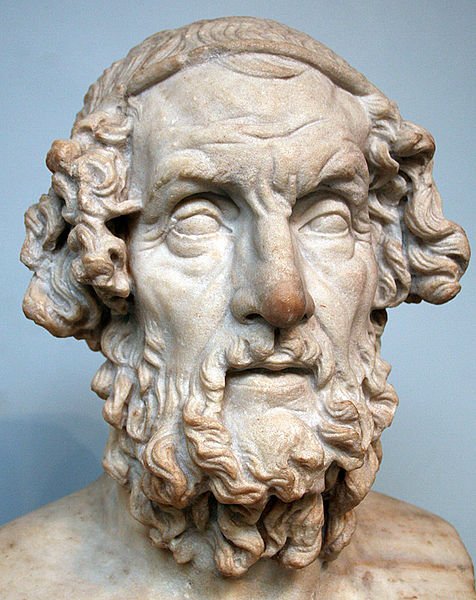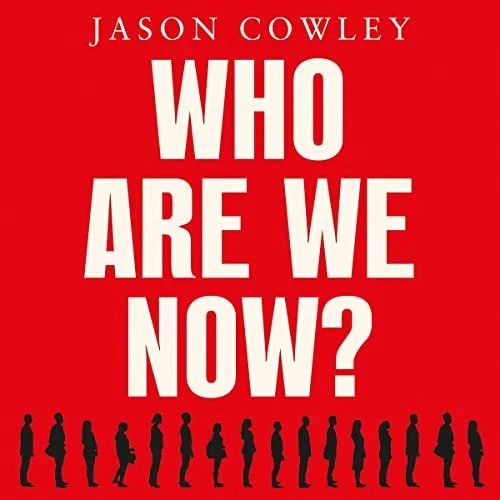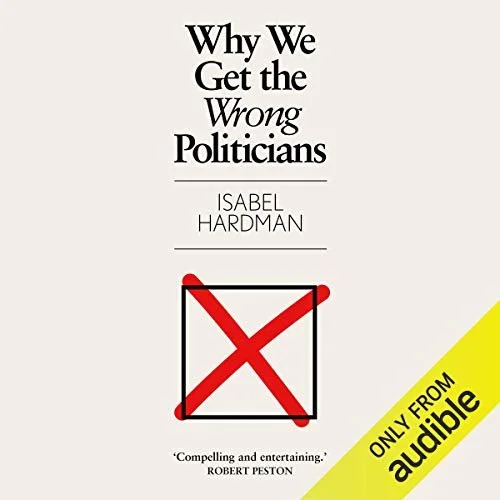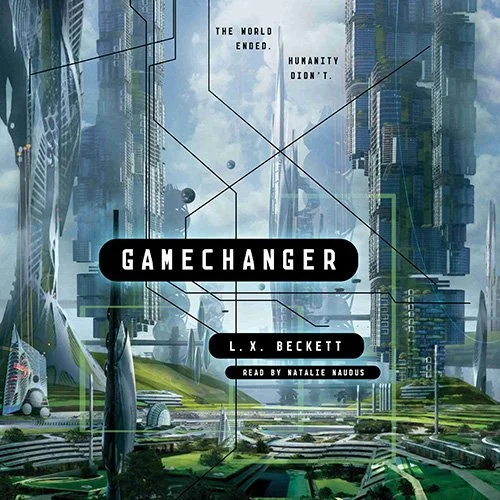How Ada Palmer’s Terra Ignota novels adapt Homer’s poetry to a sci-fi setting
A good novel works on several levels. For example, James Joyce’s seminal modernist novel Ulysses chronicles life in contemporary Dublin, retells events from Homer’s Odyssey and experiments with many literary styles. Ada Palmer's Terra Ignota novels work in a similar way. They are a series of sci-fi novels whose meaning and subtexts exist on many different levels.
The novels are (deep breath for this one, it will be a while before the full stop) simultaneously an exciting tale about the world of the 25th century descending into war, an exploration of how political philosophy might evolve in the future that comments on how we see our history, an exploration of ideas around spirituality and the divine in science fiction, a commentary on European Enlightenment philosophy, a pastiche of 18th century French literature and an adaptation of Homer’s writing into a science fiction setting. Got all that? Good. There will be a test later.
Like Joyce’s work, Palmer’s novels, especially the fourth novel in the series, Perhaps the Stars, are a retelling of the events of The Iliad. This is made explicit in the text and affects the plot, as characters attempt to anticipate what will happen next based on Homer’s writing.
Homer in sci-fi
Palmer is not the first sci-fi writer to adapt Homer’s work to a sci-fi setting. Dan Simmons did so in his novel Ilium, in which god-like post-humans restage the events of the Iliad for their own amusement; until the participants of their toy box rebel against them. Like Simmons’ novel, Terra Ignota recreates specific scenes from The Iliad and The Odyssey with her characters taking on the roles of the heroes in Homer’s epic poems.
The most obvious connection is the protagonist of the Terra Ignota novels, Mycroft Canner, who takes on the role of Odysseus (or Ulysses in Latin translations). Odysseus is not the greatest warrior in the Iliad, he is not a legendary slayer of all who stand before him like Achilles, but he is crafty and underhanded. Odysseus does whatever it takes to survive. He is smart and good at talking his way out of his problems.
The characteristics of Odysseus
Odysseus’s most famous act in The Iliad is creating the Trojan Horse so that the Greeks can sneak their way into Troy. With our modern sensibilities, this ploy seems so laughably transparent that it should be doomed to fail. However, Ancient Greek culture was a surface culture, i.e. focused on how things appeared. From the perfection of the human form in their sculpture to their beauty of their temples, meaning was read at a surface level.
At no point in Homer’s writing do characters think differently to how they act or hide secret motivations. There are no Hamlets or Othellos, with rich inner lives or subversive actions. In a culture where everything is on the surface, the idea that a gift could hide a trap is a paradigm-shifting innovation so massive that it required a crafty thinker like Odysseus to come up with it.
Mycroft and Odysseus
The above is an apt description of protagonist Mycroft Canner who is sly, intelligent, crafty, very good at talking his way out of the problems he gets himself into, does whatever it takes to survive and can grapple with world-shattering ideas (Mycroft encounters several massive challenges to his understanding of the world throughout the novels).
In The Odyssey, Odysseus is favoured by Athena - goddess of wisdom, handicraft, and warfare - which helps him evade death on his adventures. Mycroft is favoured by many of the great leaders of Terra Ignota such as the Masonic Emperor Cornel MASON and his enigmatic adopted son J. E. D. D. Mason, who possesses unearthly qualities. He is also a guardian of the child Bridger. Bridger can, through possible divine intervention, bring toys to life. Mycroft is never far from the divine, or powers beyond human understanding, in Terra Ignota, like Odysseus is in The Odyssey.
We keep coming back to Homer
As ancient Greece was a surface culture, these ideas of a character representing a different character in subtext or allegory would not be understood. It is a way that a modern writer can convey meaning in literature and art that is a much more recent invention. When a writer creates meaning in this way, Homer’s writing is a rich source to draw on.
This is because The Iliad is a well-known or classic text. It has endured for so long because it makes timeless statements about war, the human quest for glory and how this leads to ruin. Its narrative form is pleasing to the reader.
The foundation of Western European literature
The Iliad is also the foundation of Western European literature and his been retold over and over. From The Aeneid, to Joyce’s version, to a film adaptation in 2004 starring Brad Pitt, to Palmer’s novels, we cannot escape Homer’s epic story.
By using Homer’s work as a subtext or inspiration, a writer is linking their work with the story of European cultural history. This connects to one of the themes that Palmer explores: the cultural history of Europe, specifically the Enlightenment politics and philosophy of Voltaire, Thomas Hobbes and the Marquis de Sade.
Looking back at people looking back
Palmer’s novels are set in a world where thinkers venerate these 18th century figures, and overlook the barbarism of the 20th and 21st centuries, when creating a narrative of their political philosophy. This is a commentary on how those same Enlightenment figures overlooked the barbarism (as they saw it) of the Middle Ages and looked back to the ancient world as the basis of their political philosophy.
Homer, being the key literary figure of the ancient world, had a big influence on how Enlightenment thinkers saw the past civilizations they idealised. A future society that venerates the 18th century, which in turn venerated the ancient world, all look to Homer as the foundation of their culture.
Stories about war and peace
The Iliad is a story about war, and the glory that can be achieved through heroic deeds. Glory that can outlast time, as the deeds of Achilles, Hector and Odysseus have done (if they ever existed). The war in The Iliad is especially violent. It claims the lives of thousands of people and almost all the characters in the poem are either killed in the war or by a course of actions set in motion by the war. The Terra Ignota novels are also a story about war, the glory and the cost of such a conflict.
The Odyssey is a story about peace. It is Homer exploring what comes after the war is over. It’s a story about how we learn to stop fighting, even after killing many people. This is how Palmer’s epic series of novels ends with the world learning how to put war away and how to live with what has happened, so that they can create a better future peace. Ultimately, Palmer’s characters arrive at the same place as Homer’s characters: at home and at peace.
Homer image taken from Wikipedia and is in the public domain.




